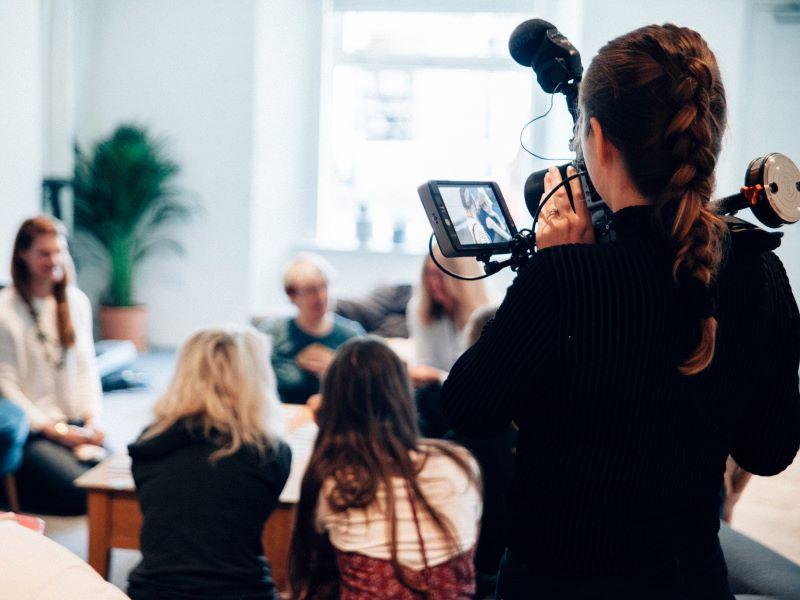There is untapped potential in Bristol’s 60,000-strong student population to assist charities and third-sector organisations beyond traditional volunteering routes. Say, for example, a small charity needs some space to store craft supplies, or a group working with young people wants some advice about gardening or sewing machines to help teach skills. There is almost always someone in the city who can offer a solution, but the problem is how we make the connections. Our project aims to do just that.
AskingBristol is an experiment that John Manley, the former high sheriff of Bristol, and I have been running since 2020 to see if we could make the city hyper-connected in the context of requests or asks from third-sector organisations and offers from those who are in a position to help. We know that there are already lots of networks within Bristol, but they tend to be limited to neighbourhoods, workplaces, places of worship or schools. What we are trying to do is to knit together some of these networks with our students.
We want to create a network of networks that allows asks to be shared across the city. In order to do this, we are using our contacts to collect people and organisations who might be able to help by making offers of things they can give or lend, spaces they can lend, volunteering time, specialised expertise and advice, and even money. These might be small and large businesses, professional networks, anchor institutions or other charities: any group or individual that has resources to spare.
To collect the asks, in one version of our experiment we used student interns whom we employed through the Professional Liaison Network (our student placement department) at the University of Bristol. They recruited students from Bristol’s two universities to act as “ask authors” to speak to the charities and collect the requests. We then trained the ask authors before they had conversations with some representatives from different organisations. The ask authors then filled in a form detailing some specific asks. We matched these up with offers from the organisations in our network.
We think there are something like 10,000 charities in the Bristol region, each with very specific needs. In one instance, a wine importer provided some empty cardboard boxes for a food bank; in another, we managed to get a large distributor to free up some clean and accessible space in their warehouse for a school materials charity to store its excess stock.
- Resource collection: The art of collegiality and why it matters
- A ‘grocery store’ model can help your campus food bank reduce waste
- In this together: developing meaningful community engagement
Benefits of the experiment
Our research suggests that the students themselves build connections in the city, benefit from doing something useful and increase their employability. The charities, social groups and activist organisations that we are working with gain resources, expertise, space or whatever it is that they need. Finally, the universities build genuine credibility with the residents of the cities on which they are very often having such a substantial impact.
Any large organisation could host a version of AskingBristol or its counterparts AskingCardiff or AskingStoke, but universities have a particular advantage because they have a large number of staff and students. Building and hosting these networks nationally from within universities could help to construct an enduring social infrastructure that becomes an asset for their respective cities.
How to make it work well
The key to the success of a project like this is to ensure that the network of ask and offer providers is as broad as it can be. Don’t just include the organisations that already work with the university, but as many organisations as possible from as many parts of your town or city as you can identify. In addition, there is no point in collecting asks if you do not have enough offer providers, or vice versa. Finally, students need to be involved in designing and running the initiative because it relies on their enthusiasm and connections.
We think that AskingBristol is a way of building something enduring and systemic that benefits the community as a whole. This holds the potential to make universities central to the civil society of their cities.
Martin Parker is a professor of organisation studies at the University of Bristol Business School.
If you would like advice and insight from academics and university staff delivered direct to your inbox each week, sign up for the Campus newsletter.




comment